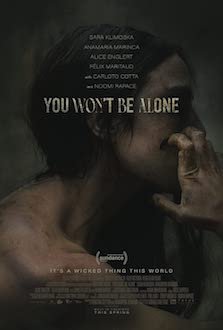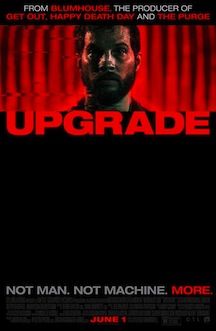Direction: Kitty Green
Country: Australia
Julia Garner and Jessica Henwick star in The Royal Hotel, an Australian psychological thriller co-written and directed by Kitty Green, a documentarian whose career reached a pinnacle four years ago with the unforgettable fictional drama The Assistant (2019). Not as strong, her new dramatic effort centers on two Canadian best friends - the disquieted Hanna (Garner) and the undisturbed Liv (Henwick) - who experience a toxic male environment while working in a remote pub in the Australian outback. The tension comes from intoxicated men, dubious in their intentions and desperately searching for attention. They repeatedly pose a threat to them.
Green proves she can build up an atmosphere, but this story needed twists to shake things off a bit. The Royal Hotel is ultimately more about mood than action, and it never really takes off, settling into a familiar routine despite the underlying tension. It’s exceptionally confident in the tone it wants to set, but not as much in the story it wants to develop. The pace is slow-burn, the mood positively throbs with anxiety, and the film sways drunkenly towards an abrupt conclusion. Too bad the provocative premise wasn’t more fully explored.
The cinematography by Michael Latham has an exciting, alive quality despite the dusky tonality of the long nights captured in camera, but if you're seeking horror, thrills, or stimulation, this may not be the film for you.











































